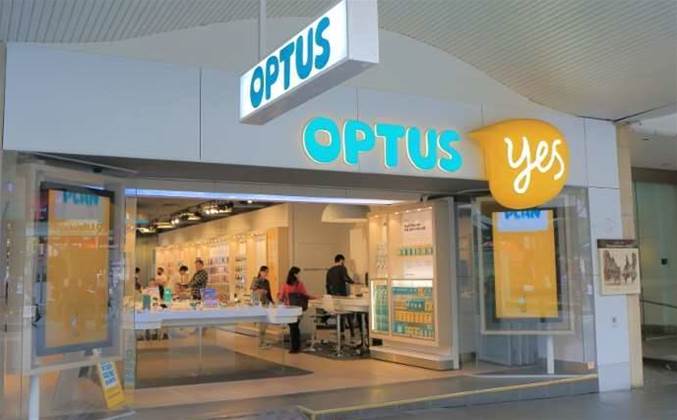Optus has set $85 a month as the new minimum cost of an NBN product on its network as part of a move to court a “premium” consumer audience.

The telco today unveiled new NBN pricing, starting at $85 a month.
For that, customers can choose either a broadband-only product bundled with Optus Sport, or a product that also includes a home phone line and calls to landlines and mobiles.
The next step up is a $99 a month product which also includes fetch TV.
All of these products run on NBN Co’s 50Mbps tier; shifting them to run at 100Mbps means a monthly cost of between $115 and $129.
The new plans are the second major cost increase for Optus’ NBN products since June last year.
Back then, Optus moved from an entry-level NBN product at $60 a month up to between $75 and $80 a month.
With the price changes announced today, an entry-level Optus NBN plan has jumped $25 a month in less than a year.
An Optus spokesperson told iTnews that the company was essentially shifting its NBN strategy to target the premium end of the market.
“We believe Optus’ new offering reflects the value of service for our new premium fixed plans,” the spokesperson said.
“We are always looking for ways to offer the products and services our customers want, while remaining competitive in a continually evolving market.
“We encourage customers to choose a plan that best suits their price needs.”
All retail service providers have been put under margin pressure by NBN Co over the past 12-18 months as the government-funded network builder raises its prices to bolster its own economics.
This has come largely at the expense of entry-level NBN plans, with most RSPs having now been forced to abandon selling 12Mbps NBN services altogether as NBN Co makes them increasingly economically unviable.
The Australian Competition and Consumer Commission (ACCC) finally weighed in on the issue last week, saying there “should” be NBN options priced at ADSL levels in the future.
It appeared to stop short of intervening, however. That leaves the 1.25 million-odd customers on mostly grandfathered entry-level NBN plans in a precarious spot, as the ability for RSPs to service them in the future is uncertain.
Their future could still be outside of the NBN altogether, as mobile broadband plans - including from Optus and its mobile virtual network operator (MVNO) partners - come down in price and offer more quota, essentially replicating the inclusions that were formerly offered on the most popular ADSL plans.




_(23).jpg&h=140&w=231&c=1&s=0)
_(33).jpg&h=140&w=231&c=1&s=0)





 iTnews Executive Retreat - Security Leaders Edition
iTnews Executive Retreat - Security Leaders Edition
 iTnews Benchmark Awards 2026
iTnews Benchmark Awards 2026
 iTnews Cloud Covered Breakfast Summit
iTnews Cloud Covered Breakfast Summit
 The 2026 iAwards
The 2026 iAwards











_(1).jpg&h=140&w=231&c=1&s=0)



